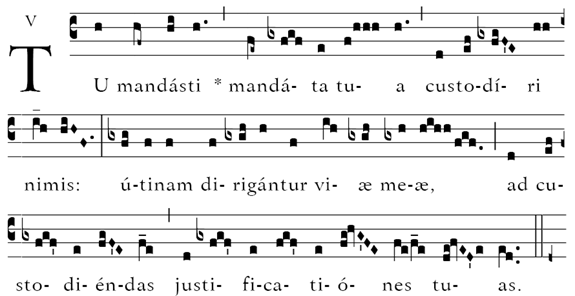What you will not likely hear from ICEL and the USCCB is something terribly obvious: the forthcoming translation is a vast improvement on the old. There are reasons why you won’t hear this. No one in an official position wants to be seen as putting down the translation that has been in place for forty years.
In fact, the truth is so shocking that hardly anyone wants to utter it: the existing translation is hardly deserving of the name. It is more like a loose paraphrase that embeds the theological and liturgical agenda of one generation (think 1970!) and its departures from the Latin are so extensive and so egregious that the truth discredits those involved in making it happen.
This is a very painful reality, so painful that one has to give credit to everyone who was involved in effectively admitting the error and moving forward to the new one. We all know that it is hard to say “Ok, I was wrong,” and it is even harder for institutions to do this. For this reason, we can expect that the USCCB will do its best to treat this the way a software company treats the rollout of its version 2.0: “even better than than version 1.0 that you already loved!” Of course everyone knows otherwise.
In some ways, then, this new translation is a miracle, even if it had to be more-or-less forced by Rome. It is to the great credit of both ICEL and the USCCB that they made the turn around and did the right thing. Yes, the casualties of the past 40 years are immense. It is frightening to think of them. It is best to just look forward to new day, which will be here before we know it.
If you are interested in reviewing all the details, see Fr. U.M. Lang’s article in the new Adoremus Bulletin. If you don’t know what is wrong with the current translation and why the new one is an obvious improvement, this is a piece for you. It is marvelous.
One of my favorite passages:
In the older version, there is a remarkable tendency to leave out certain qualifying adjectives: beatae passionis is rendered as “His passion” (new: “the blessed Passion”), in caelos gloriosae ascensionis as “His ascension into glory” (new: “the glorious Ascension into heaven”), plebs tua sancta as “your people” (new: “your holy people”) and Panem sanctum vitae aeternae as “the bread of life” (new: “the holy Bread of eternal life”).
An amusing sidelight is that the new translation will immediately date and make irrelevant 40 years of attacks on the “Novus Ordo” by traditionalists who think along the lines of crackpots at The Remnant (and its now affiliated magazine Latin Mass). If you look carefully at their often-valid criticisms, they are very much bound up, not with the normative edition of the Mass, but with its unfortunate translation to English. If nothing else, this will require the traditionalists to make stronger and more robust arguments than they’ve been accustomed to making all these decades.




